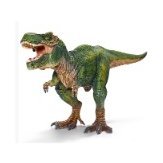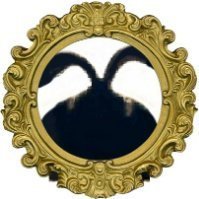Buying An Energy-Efficient Air Conditioner
-
Recently Browsing 0 members
- No registered users viewing this page.
-
Topics
-
-
Popular Contributors
-
-
Latest posts...
-
17
Report Thai Police Dismiss British Teen’s Drug Smuggling Claims
You seem to be missing the plot. Thai police hae footage of everyone that walks almost anywhere inThailand it is called CCTV ; they have it at all immigration lines. So yes they are watching her but not anymore than they are watching you or me if we are going anywhere by plane. As to the scars, they can be self-administered if she gets caught. Notice the defence lawyer showed a bruise not a burn scar. You do not get bruises from heating irons. This young lady is in a world of hurt. She is going to have to come clean and pray that they do not give her the max to set an example. Her child is going to be born in Georgia, which will be interesting to see what happens there. -
17
Economy Thai Baht's Rise in Jeopardy Amid Political Uncertainty
Things change! 12-14 years ago the Aussie was up to $1.12US , now only just over half that.. The AUD is a small player in financial markets. -
9
Traffic Phuket Family of 7 on Bike Sparks Safety Outrage
Are we sure those kids are actually theirs? -
13
No more physical passports!
The UK doesn’t want their citizens to travel abroad to countries that require an entry stamp. -
103
Causes of the exponential increase in Thai obesity?
Um, can the op provide proof of this "exponential" increase. -
93
Foreigners Flaunting Wealth in Thailand: How Is It Viewed?
Arh, but Boris collects offspring, think of the child care costs!
-
-
Popular in The Pub














Recommended Posts
Create an account or sign in to comment
You need to be a member in order to leave a comment
Create an account
Sign up for a new account in our community. It's easy!
Register a new accountSign in
Already have an account? Sign in here.
Sign In Now